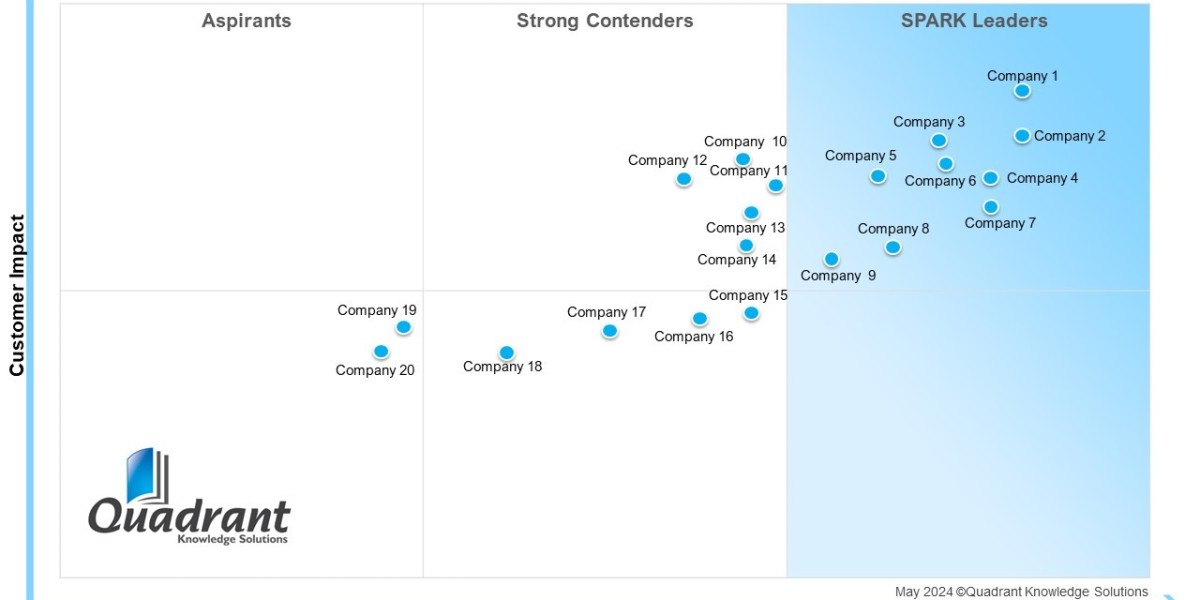In today's digital environment, organizations across industries are experiencing an unprecedented influx of data. This surge in data—generated from customer interactions, digital transactions, social media engagement, IoT devices, and business processes—presents both remarkable opportunities and significant challenges. What was once considered optional has now become indispensable: the implementation of effective data governance.
Data Governance is no longer a matter of choice; it has become a necessity. It encompasses the creation and execution of policies, procedures, and standards that ensure data is properly managed, protected, and used responsibly. By prioritizing data integrity, security, compliance, and quality, organizations can transform raw data into a powerful strategic asset.
Why Data Governance Matters
Data is often referred to as the “new oil” of the digital economy, but without proper governance, it can quickly become a liability rather than an asset. Poorly managed data can lead to security breaches, regulatory penalties, loss of customer trust, and inefficient business operations. On the other hand, robust data governance empowers organizations to:
Ensure Data Integrity: Establishing governance frameworks guarantees that data remains accurate, consistent, and reliable across systems. Integrity builds confidence among decision-makers who rely on data-driven insights.
Protect Data Security: Cyber threats are becoming more sophisticated every day. Data governance sets the foundation for robust security protocols that safeguard sensitive information from unauthorized access or breaches.
Achieve Regulatory Compliance: With regulations such as GDPR, HIPAA, and CCPA, compliance is non-negotiable. Data governance ensures organizations align with legal standards, avoiding penalties and reputational damage.
Maintain Data Quality: Inaccurate or duplicate data can mislead decision-making processes. Governance mechanisms like data cleansing and standardization preserve data quality and usability.
Compare products used in Data Governance
Core Components of Effective Data Governance
Implementing an effective data governance framework involves several key elements that work together to create a resilient and value-driven approach:
Data Stewardship: Assigning responsibility to data stewards ensures accountability for data management within different business units. Stewards maintain quality and adherence to policies.
Data Ownership and Accountability: Clear ownership structures eliminate confusion about who manages and secures data, enabling better oversight.
Policies and Standards: Formalized guidelines dictate how data should be collected, stored, shared, and retired throughout its lifecycle.
Technology Enablement: Leveraging governance tools such as metadata management, data catalogs, and lineage tracking enhances transparency and control over data assets.
Training and Culture: Building a culture that values data integrity and ethical use of information is essential for long-term governance success.
Unlocking the Value of Data Assets
Organizations that adopt comprehensive data governance practices unlock the full potential of their data. This translates into tangible benefits such as:
Informed Decision-Making: Reliable and high-quality data enables executives and teams to make decisions with confidence.
Operational Efficiency: Streamlined data processes reduce redundancies, optimize workflows, and improve productivity.
Customer Trust and Loyalty: Demonstrating a commitment to secure and ethical data practices fosters trust among customers and partners.
Competitive Advantage: In industries where agility and innovation define success, governed data provides actionable insights that fuel growth and differentiation.
Overcoming Challenges in Data Governance
While the benefits are undeniable, implementing Data Governance is not without challenges. Organizations may encounter issues such as resistance to change, lack of clarity in ownership, or difficulties in scaling governance frameworks across complex IT environments. Overcoming these challenges requires:
· Strong executive sponsorship to drive cultural adoption.
· Clear communication about the value and purpose of governance.
· Incremental implementation, starting with high-priority data domains.
· Investment in modern data governance tools and platforms.
By approaching governance as a long-term strategic initiative rather than a one-time project, organizations can sustain success and adapt to evolving business needs.
The Road Ahead
As the volume and complexity of data continue to grow, so too does the importance of data governance. Organizations that fail to prioritize governance risk drowning in their own data, struggling with inefficiencies, and losing ground to more data-savvy competitors. Conversely, those that embrace governance will not only mitigate risks but also unlock opportunities for innovation, efficiency, and sustained growth.
In essence, data governance is more than just a compliance requirement—it is a business enabler. It provides the guardrails that protect organizations while empowering them to fully leverage their most valuable resource: data. In the continually evolving business arena, effective data governance is the key to staying competitive, resilient, and future-ready.







